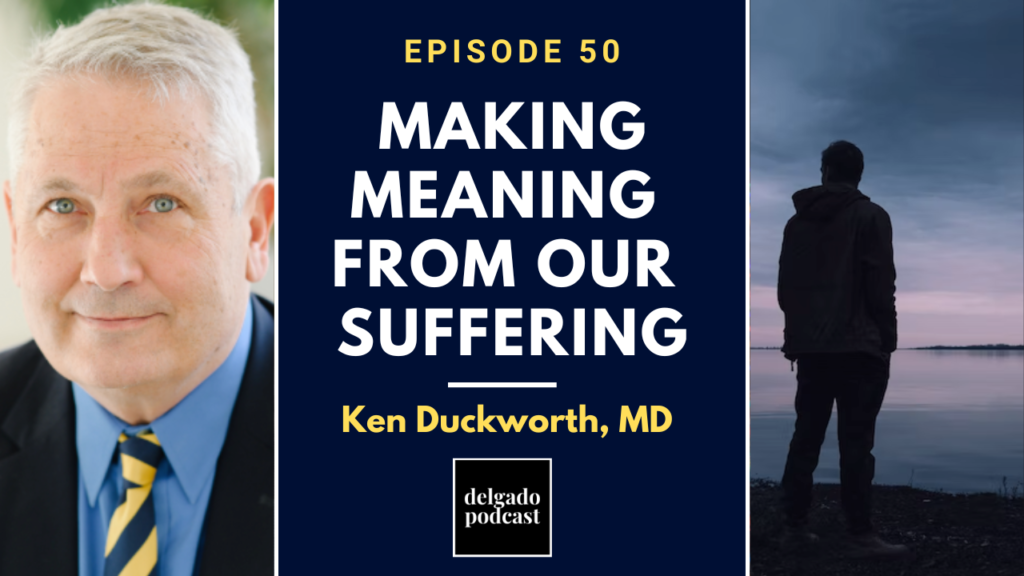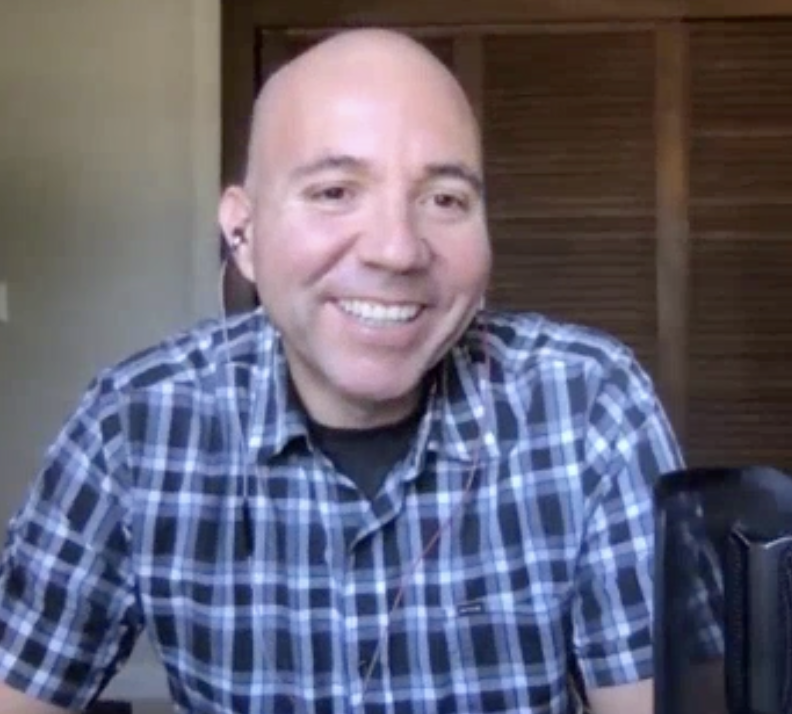
In this week’s podcast, we’re honored to learn from Dr. Ken Duckworth about his fantastic book entitled “You Are Not Alone: The NAMI Guide to Navigating Mental Health.”
His book is a comprehensive guide on how to compassionately support friends, family, and loved ones in their mental health journeys. His book combines evidence-based research on what treatments work for different mental health issues, insights from renowned clinical experts, and over 130 stories from people sharing their mental health challenges, along with insights from caregivers.
It’s an all-in-one handbook that will help you grow in compassion for others with mental health challenges, as well as encouragement for those of us who struggle with emotional pain or other mental health issues. It’s definitely one of those books that everyone needs on their bookshelf.
You can get this episode on iTunes, Spotify, Google Podcasts, Stitcher or YouTube. You can also download or listen to the full podcast episode here.
In this episode, Dr. Duckworth talks about:
• People want to make meaning from their suffering
• Why do people tell their stories of pain
• Common mental health issues
• The power of community (and shared stories) when addressing mental health
• Why Dr. Duckworth become a psychiatrist
• Powerful stories of mental health
• How to talk with loved ones about mental health issues
• Dr. Duckworth’s personal story of depression
• Grief vs. Depression
• Ways to deal with prolonged grief and despair
• Impact of spirituality on mental health
You can watch the full conversation on making meaning from our suffering here.
Ken Duckworth, MD is the Chief Medical Officer of the National Alliance on Mental Illness (NAMI) and has been the medical director since 2003. He is also assistant professor of psychiatry at Harvard Medical School and an adjunct clinical assistant professor of health and policy management at the Boston University School of Public Health. Dr. Duckworth has served as a board member of the American Association for Community Psychiatry and worked for years as a psychiatrist on an assertive community treatment team.

